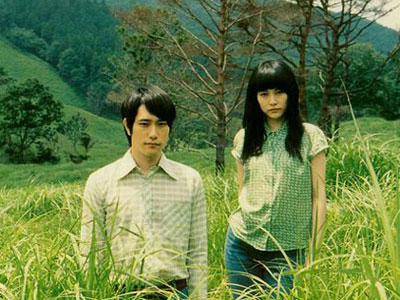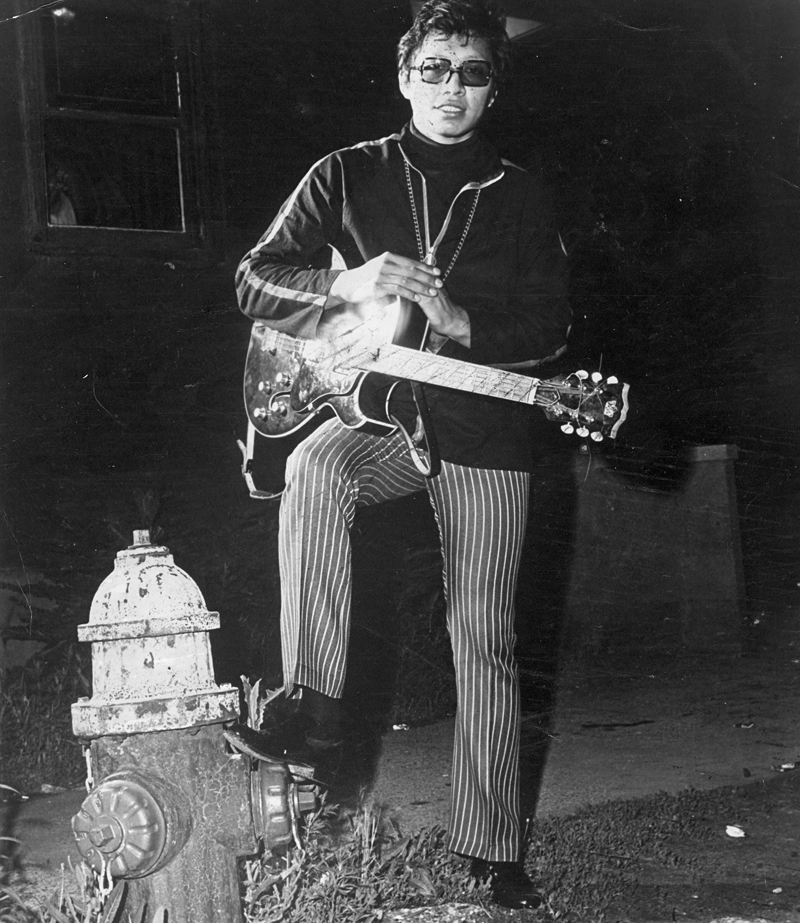Director/screenwriter Tran Anh Hung crams Haruki Murakami’s Norwegian Wood into two and a half hours that offer barely a hint of the beloved 1987 cult novel’s true flavor—not completely surprising given its elusive, ostensibly soap-operatic narrative: Toru Watanabe (Ken’ichi Matsuyama), a teenage college student in 1967 Tokyo, struggles with the numbing grief of his best friend’s suicide and his emerging feelings for both the boy’s fragile girlfriend, Naoko (Rinko Kikuchi), and mercurial fellow student Midori (Kiko Mizuhara). Naoko retreats to a remote sanitarium, where Watanabe visits her periodically over the next couple of years and becomes involved with her 30-something roommate, Reiko (Reika Kirishima). If the backdrop of late-’60s political friction and Watanabe’s telling indifference to it are what Hung captures best from Murakami’s story, his characterization of Reiko is where he stumbles worst. The character’s murky, erotic backstory is dropped completely, and though this hastens the plot along, it also eradicates a vital counterpoint to the fumbling sexuality of the green protagonists. Hung’s sanitization of Reiko and aggressively ethereal approach overall strip Norwegian Wood of its crucial earthiness. Murakami might be an acquired taste as a storyteller (even his best books tend to plateau early), but he’s no magical-realist hack—his work locates the mystery and danger in everyday occurrences and the most mundane of encounters. Despite Hung’s obvious gifts as a filmmaker, he has ditched this raw immediacy in favor of a drifty, overstuffed, ultimately dull melodrama.
Norwegian Wood: Not the Murakami Adaptation You Want








